Monitoring the case of Stanislav Yezhov (session 07.02.2019)

On July 2, 2019, a court hearing was held on the case of Stanislav Yezhov, a Ukrainian official, former deputy head of the protocol of the Prime Minister of Ukraine Vladymyr Groysman, who is charged with part 1 of article 111 of the Criminal Code of Ukraine (high treason).
- Yezhov is suspected of espionage in favor of Russia and he has been kept in jail since December 20, 2017.
Experts from the International Society for Human Rights continue to monitor this lawsuit.
The session began with the request of lawyer Valentin Rybin to change the measure of restraint against the accused from detention to house arrest. Rybin said that since the maintenance of Yezhov in the pre-trial detention center is the main goal of the prosecutor’s office, the prosecution is in no hurry to prove his guilt, and the defense, accordingly, is deprived of the opportunity to prove the opposite. According to the lawyer, Yezhov was appointed Groysman’s assistant in violation of the law, the official job description does not contain Yezhov’s signature which would prove that he is familiarized with the document, and in the personnel department of the Cabinet of Ministers this job description is absent. Accordingly, the accused was not aware of what actions he was forbidden to perform in that position. Rybin claims that the information that according to the investigation was disseminated by Yezhov is not classified. We are talking about the telephone numbers of the Cabinet of Ministers employees, which are posted on the Internet in the public domain and whose transfer to anyone does not threaten the interests of Ukraine. He also noted that this allegedly secret information had already been announced by the prosecutor in an open court session, which once again proves the absence of state secrets in it. The prosecutor’s office sent a request for an examination regarding the content in the specified information of anything that could harm the interests of Ukraine but was then withdrawn. Thus, the court has no evidence of whether such information was distributed by the accused.
The dubiousness of the prosecution is also confirmed by the situation with the witnesses. Since, according to the investigation, the crime was committed secretly, it is not clear what witnesses the accused can influence without being in a pre-trial detention center.
In addition, in the case file there is no evidence of Yezhov’s connection with any foreign organization, since the investigation did not establish whether the email address to which Yezhov sent messages was related to foreign intelligence services.
Rybin recalled the decision of the Constitutional Court of Ukraine (CCU) to declare unconstitutional the provision of part 5 of article 166 of the Code of Criminal Procedure of Ukraine on the non-alternative detention of persons suspected of crimes related to state security, and this is exactly the provision to which the prosecutor referred each time since the winter of 2017 when extending measures of restraint. Now, the prosecution is each time obliged to prove the existence of risks. Base on all the above, lawyer Rybin asked the court to change the measure of restraint for Yezhov to a night house arrest.
The prosecutor Krynin said that the risks did not decrease at all, since the Ukrainian Secret Service (SBU) received information that the lawyer at this session would demand a mitigation of the measure of restraint, referring to the decision of the CCU, and Yezhov, if released from custody, would immediately leave the territory of Ukraine, hiding from justice in the Russian Federation. This is written in a letter from SBU General Petrov, which the prosecutor immediately transferred to the court.
Rybin protested because he is the defendant’s lawyer and it is not possible to carry out covert investigative actions in the framework of this criminal case.
Even though the prosecutor Krynin insisted on the extension of Yezhov’s detention in the pre-trial detention center, he noted that if the court decided not to extend such a measure of restraint, he required a bail of 8.5 million hryvnias. The prosecution considers this amount to be justified, since according to its data the family of the accused has property worth about 8 million hryvnias. The prosecutor included the property belonging to Yezhov’s mother, the seized property, a bank account as of 2016 (without checking what is on it now), as well as a sum of money that the accused lent before his arrest.
Prosecutor Bannik, who joint this case from the Savchenko / Ruban case, said the lawyer did not prove that the risks were reduced. It should be noted that according to part 1 of Article 183 of the Code of Criminal Procedure, detention in custody can be used only if the prosecutor is able to prove the risks of non-fulfillment by the accused of his procedural obligations and justify them. According to the principles of criminal proceedings, any doubts are always interpreted in favor of the accused, and therefore placing the burden of proof on lawyers is a gross procedural violation and ignoring the presumption of innocence. Also, according to the practice of the ECtHR, over time, the presence of the same risks with the same justification ceases to be a enough reason for extending the measure of restraint in the form of detention (case of “Deineko v. Ukraine”).
When asked by the court why the prosecutor’s office requires such a large bail, Bannik replied that Yezhov had committed a crime in conspiracy with the Russian General Staff, which could make a bail for him.
Lawyer Rybin protested because the indictment states that the damage was not caused, and that such a sum was specially designated so that the family of his client could never collect it. In addition, making a bail, unlike a house arrest, will not be able to prevent Yezhov from hiding from justice if he decides to do so.
To decide on the petition, the court adjourned the hearing to July 3 and ordered the prosecutor to prepare reasoned evidence of Yezhov’s intentions to escape from justice.
Experts from the International Society for Human Rights will continue to monitor this trial. The previous materials can be found here.

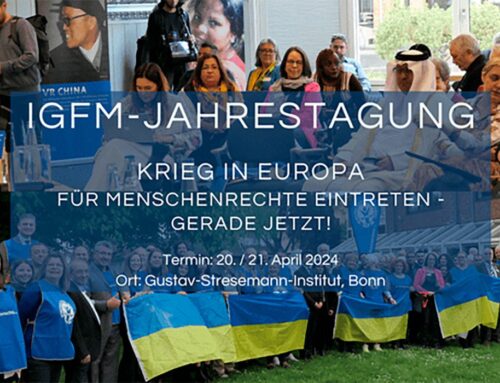
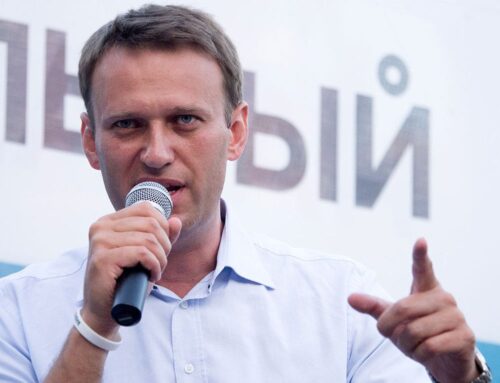
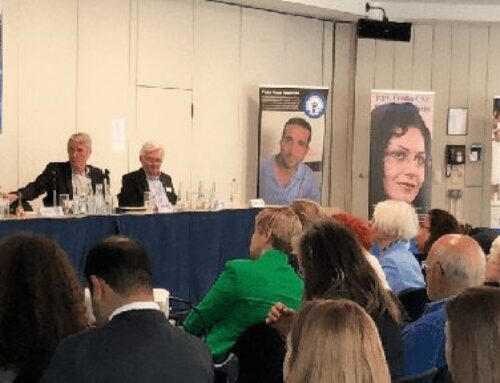

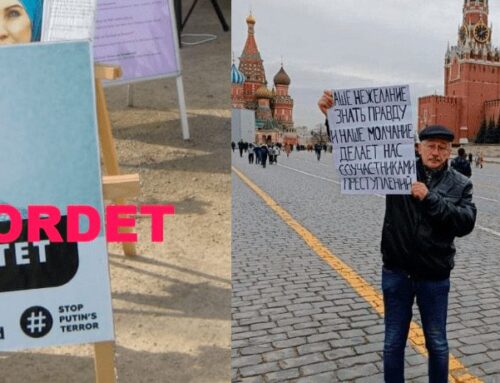

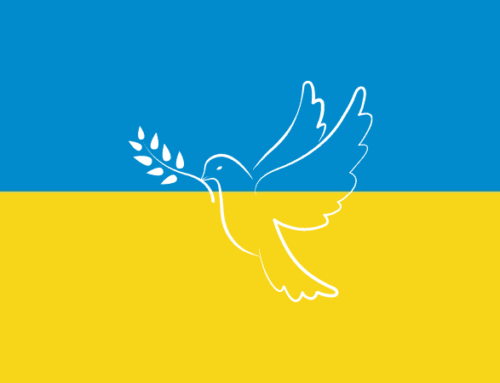
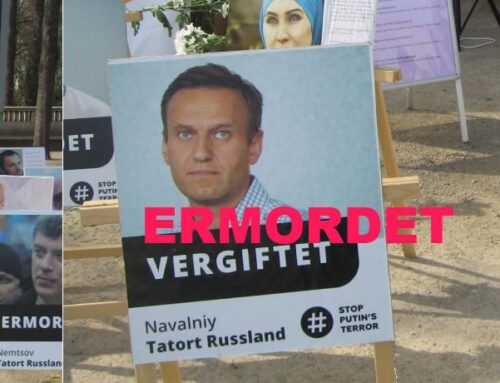
Leave A Comment